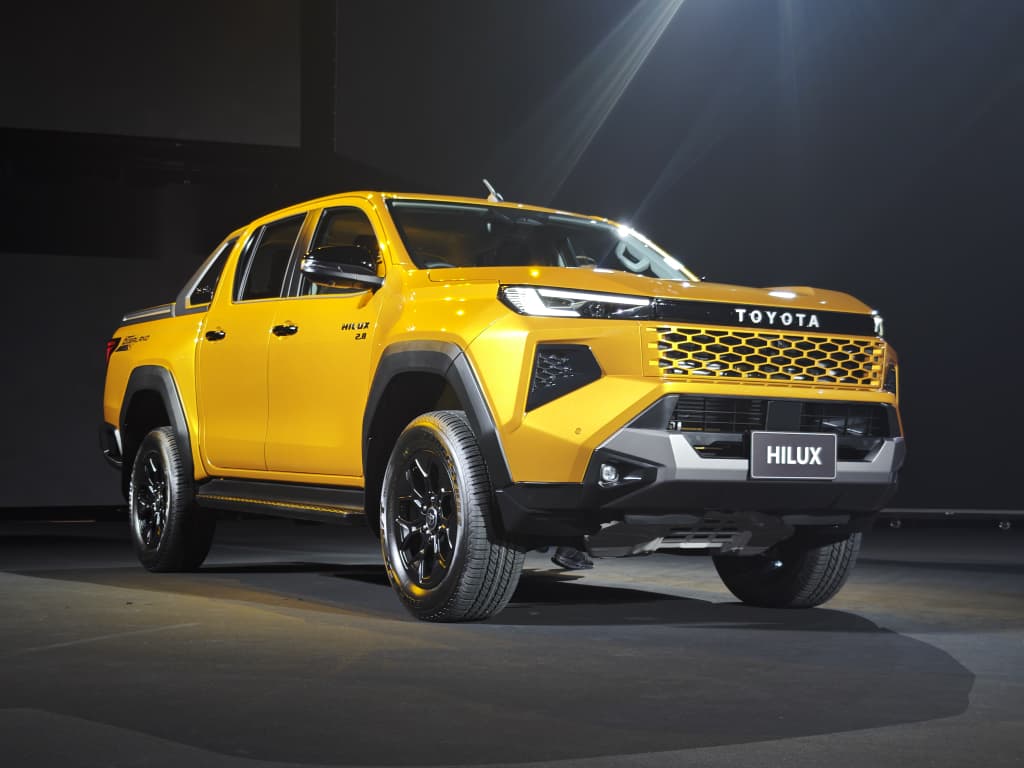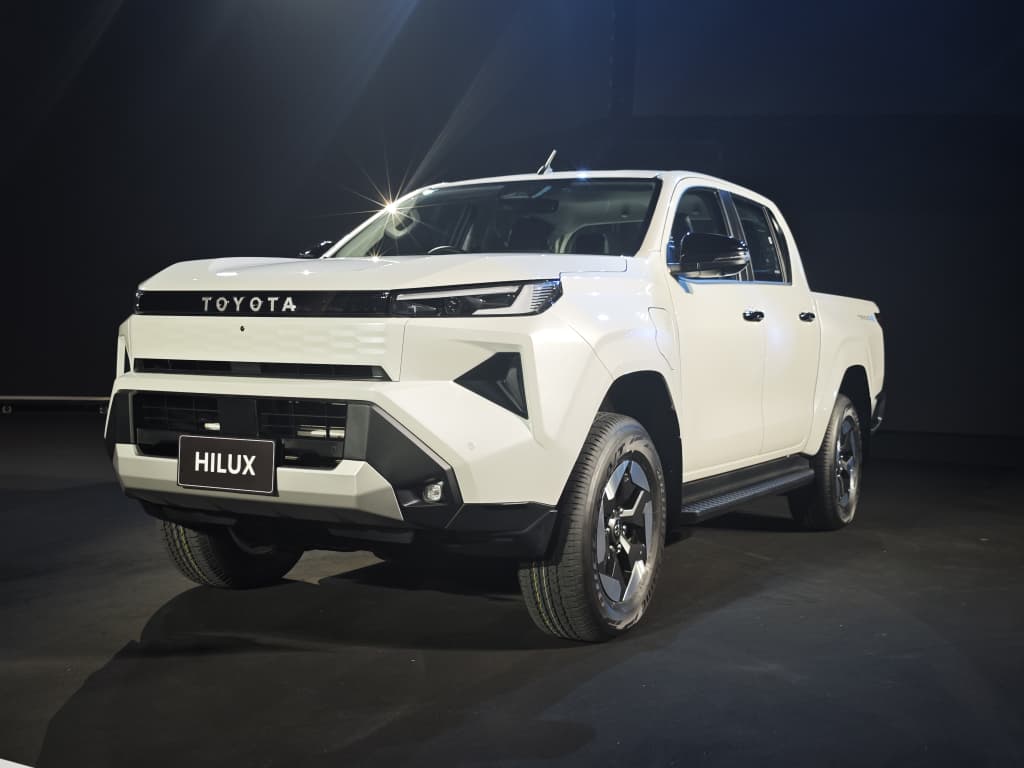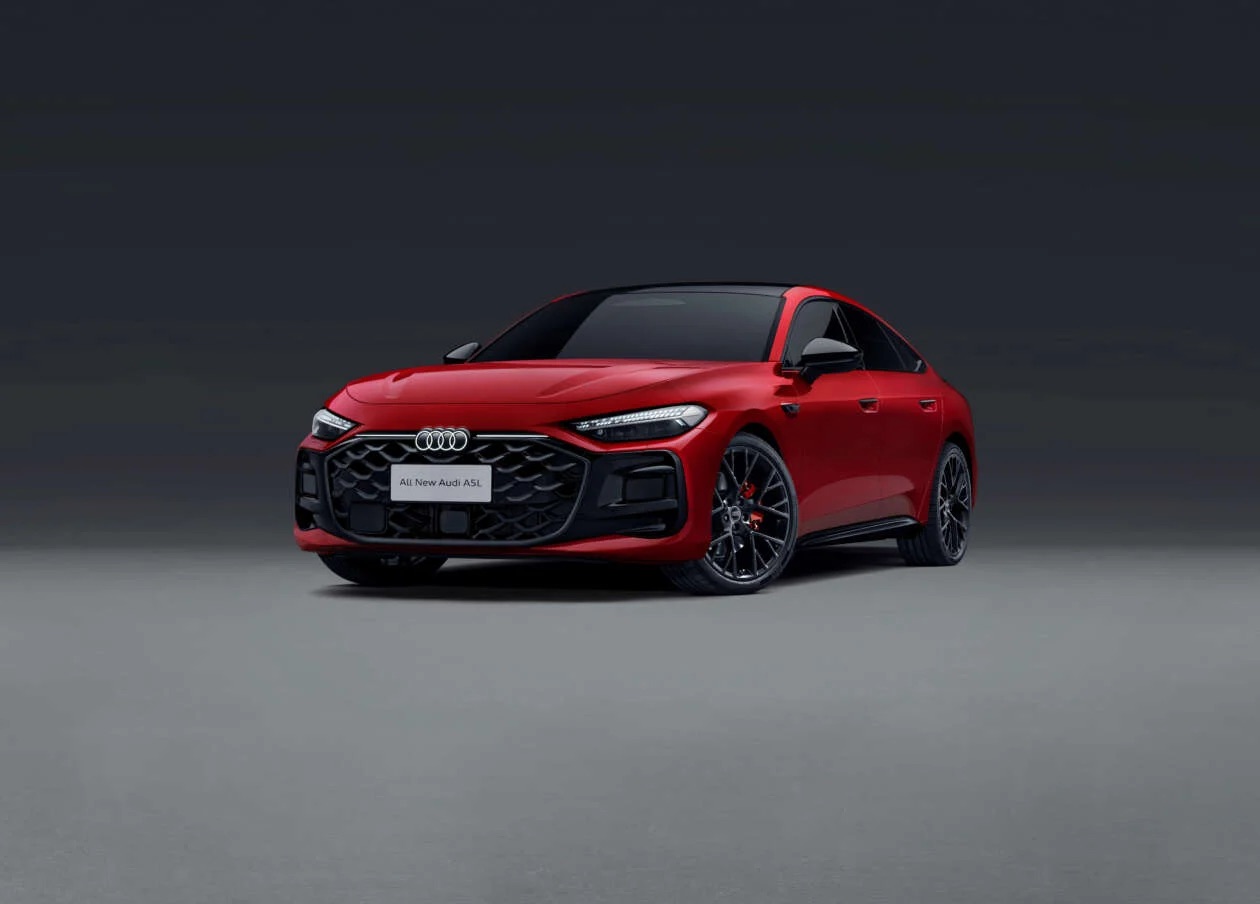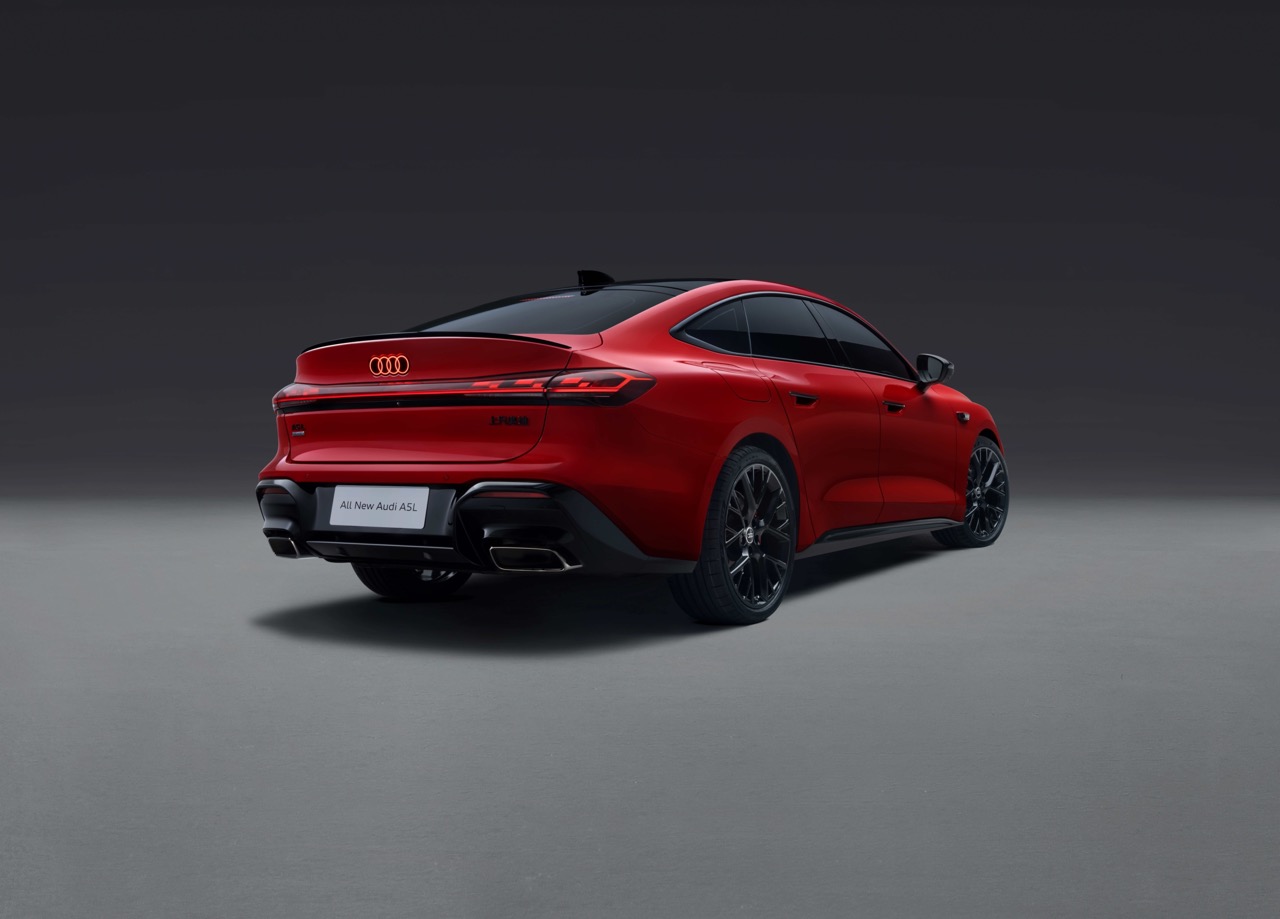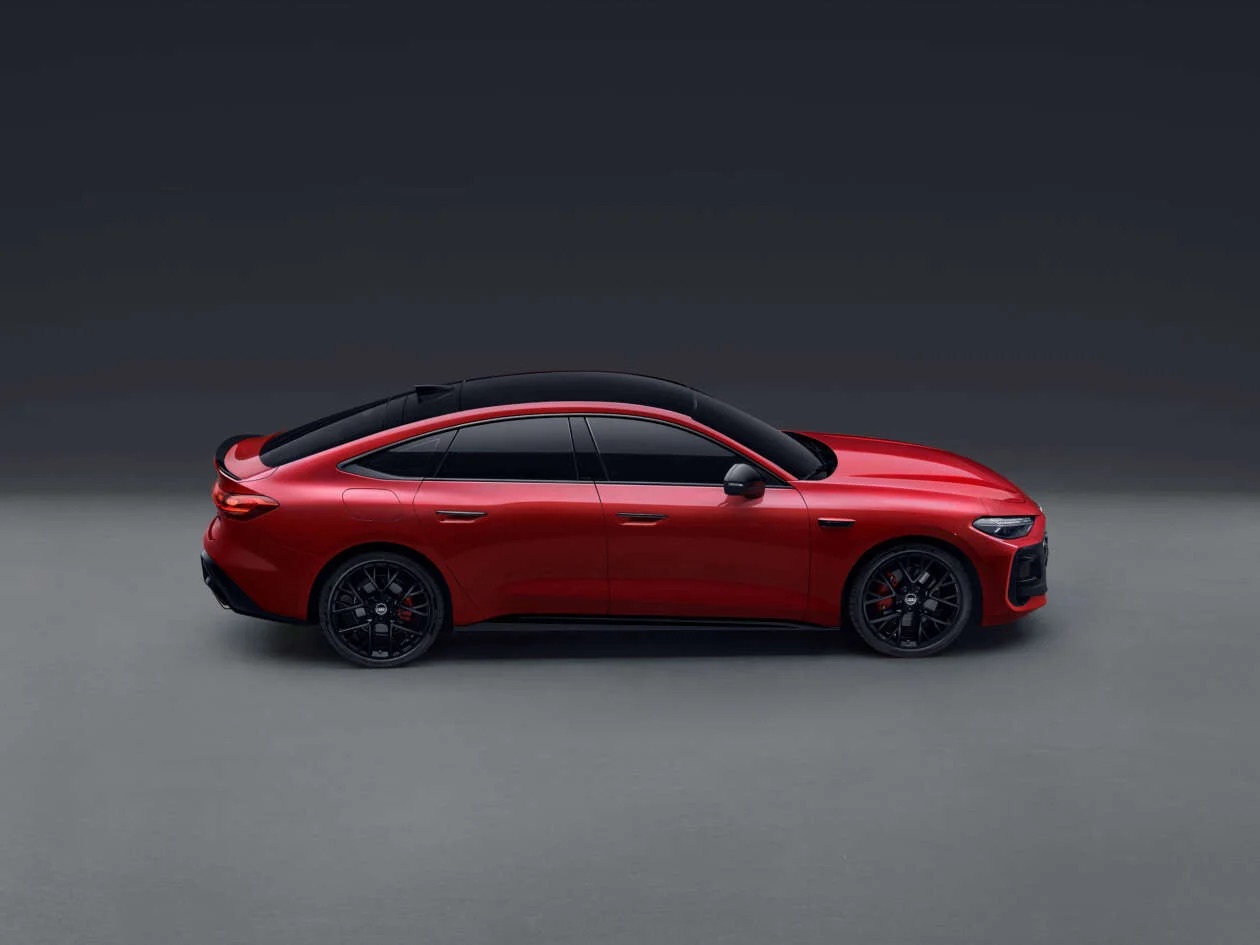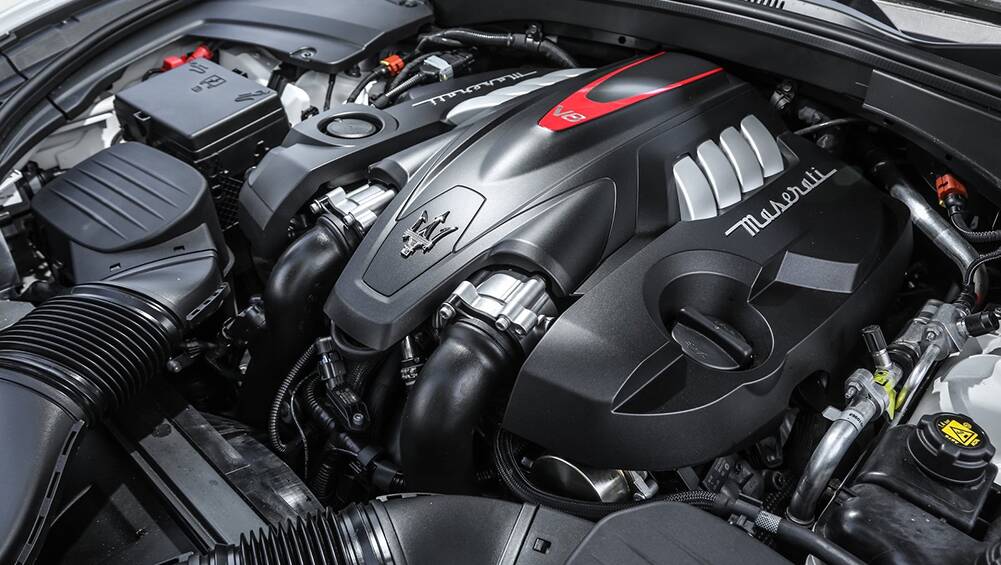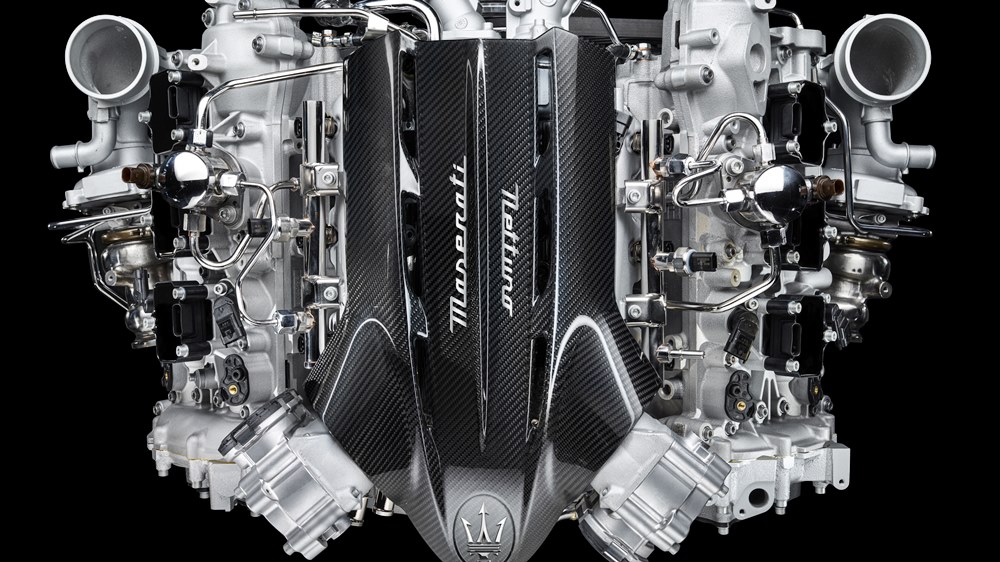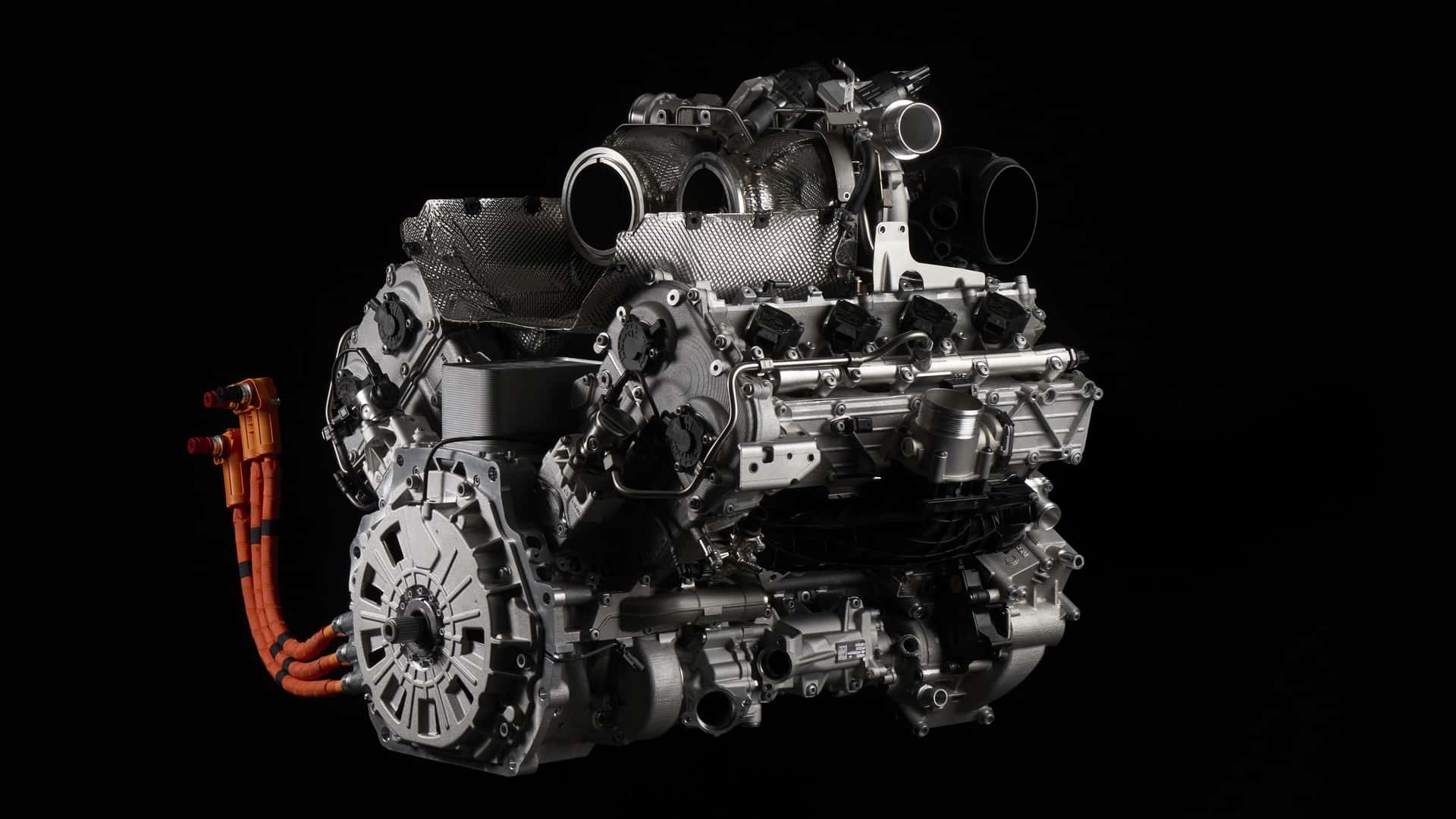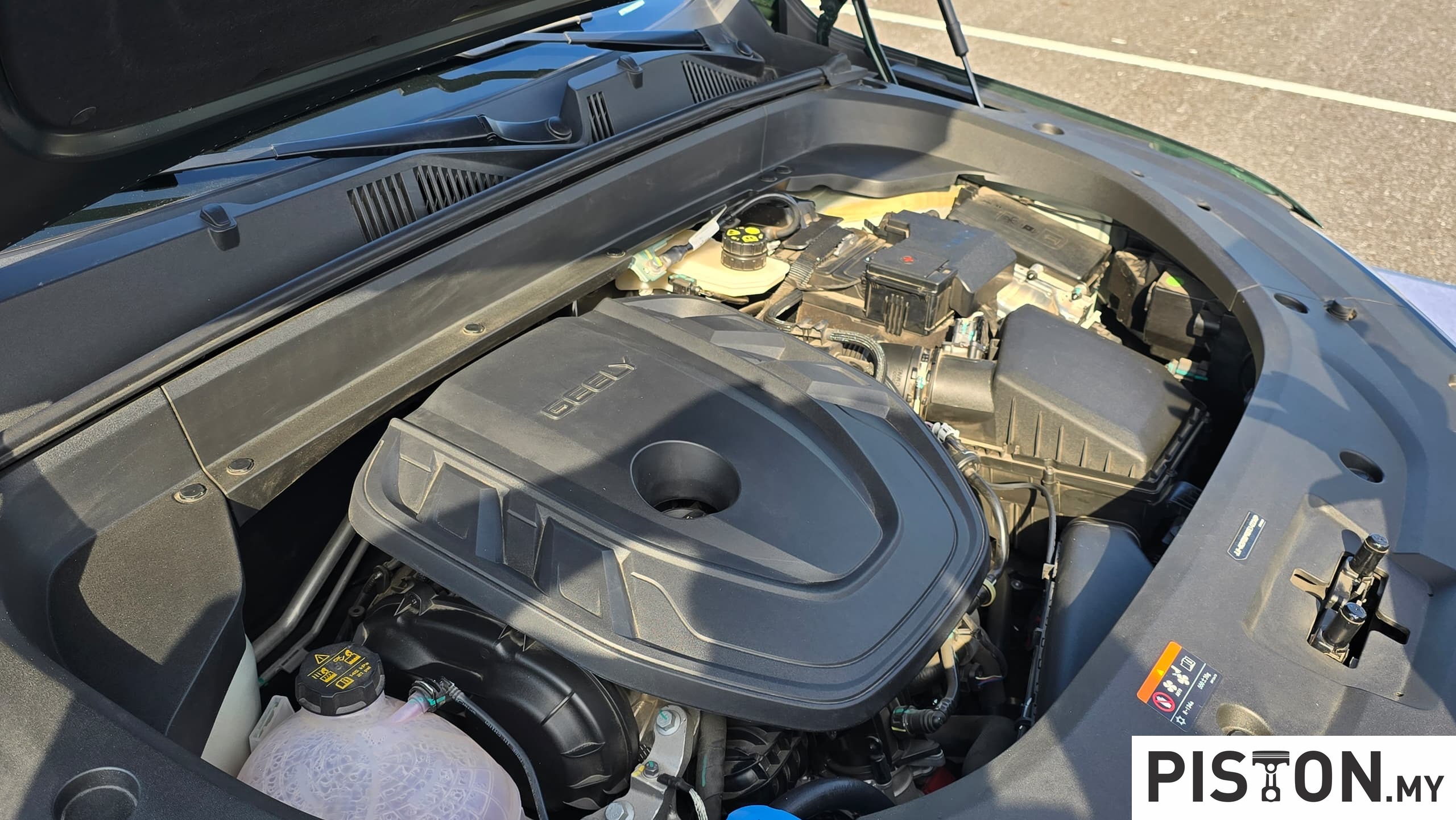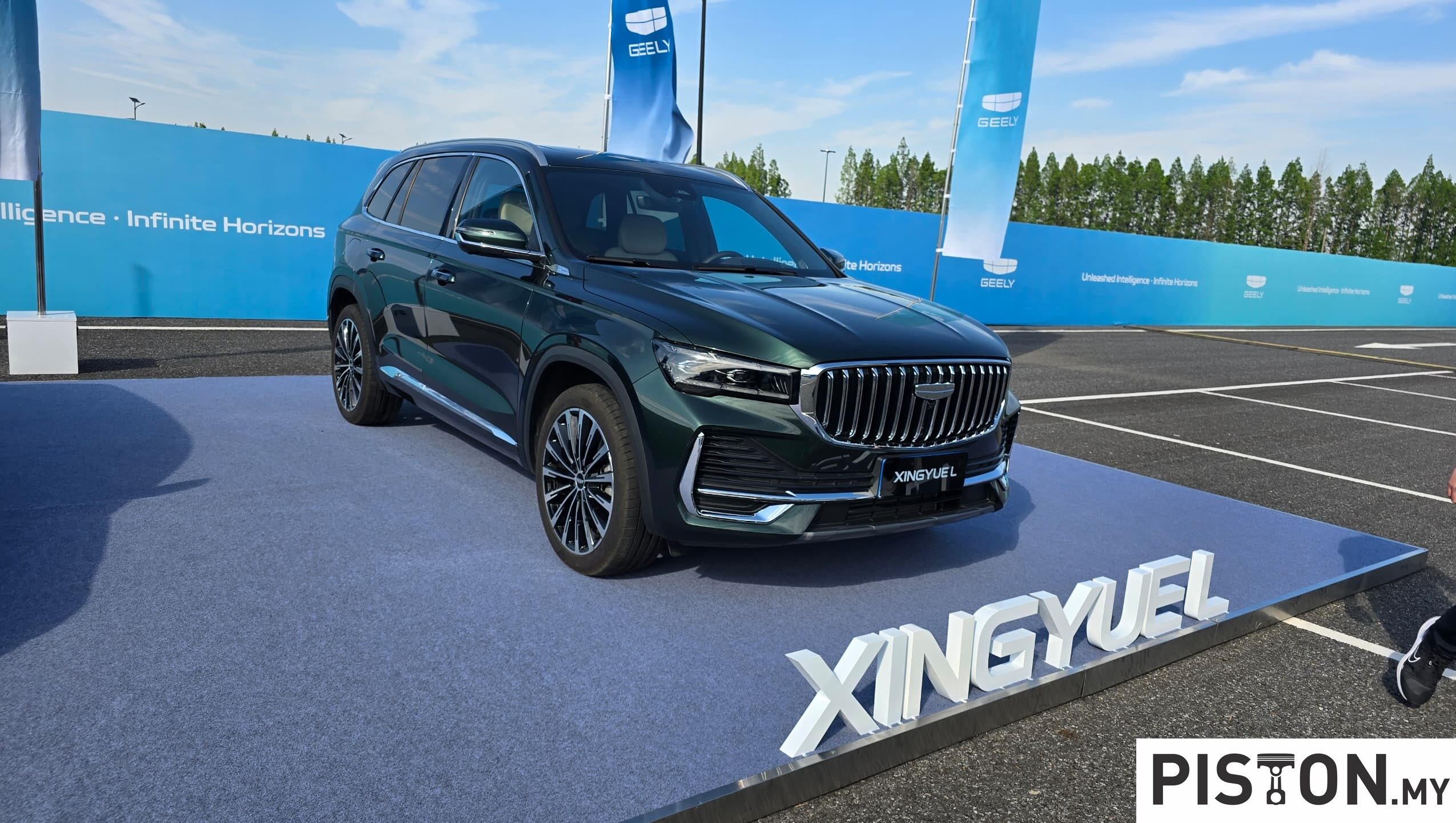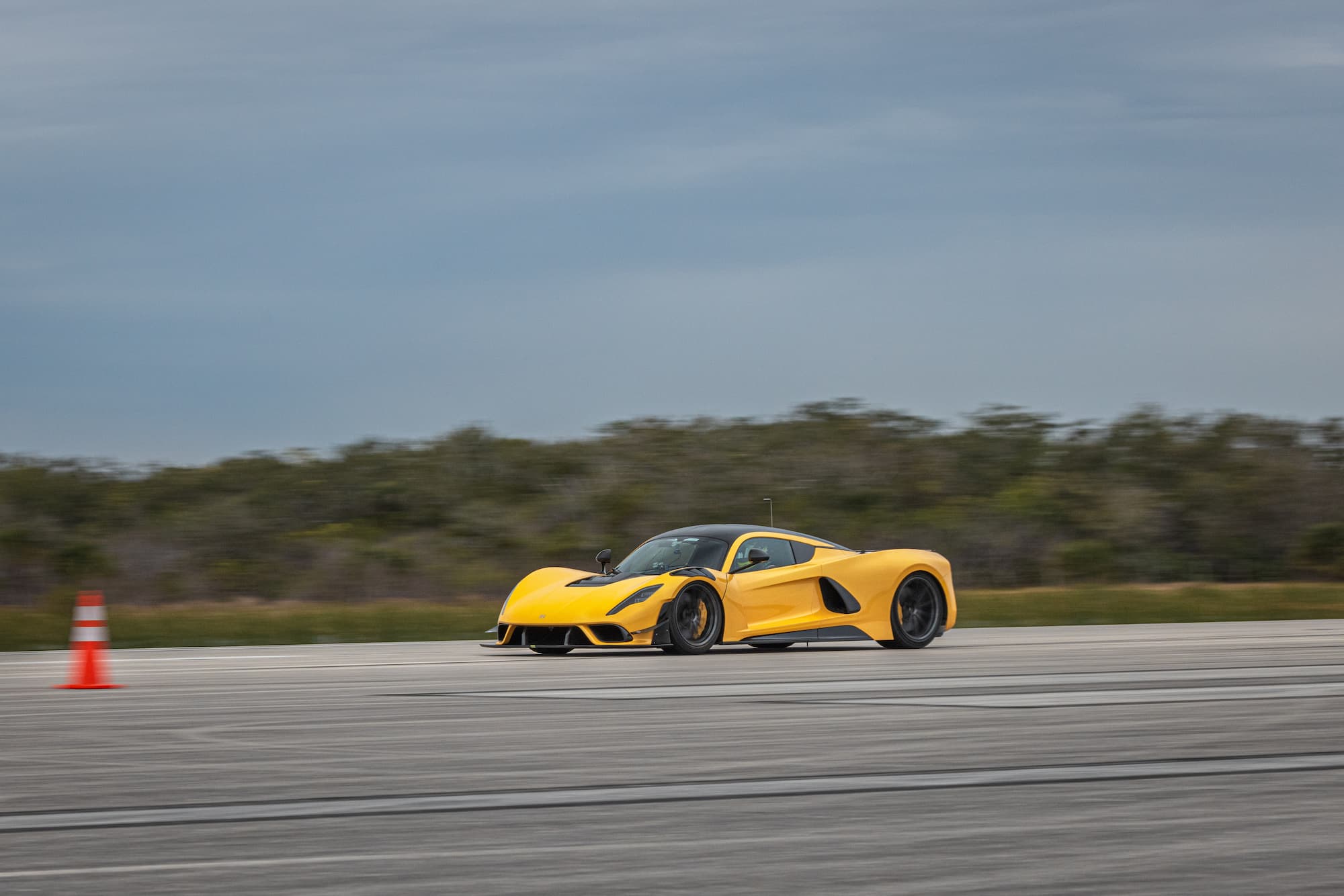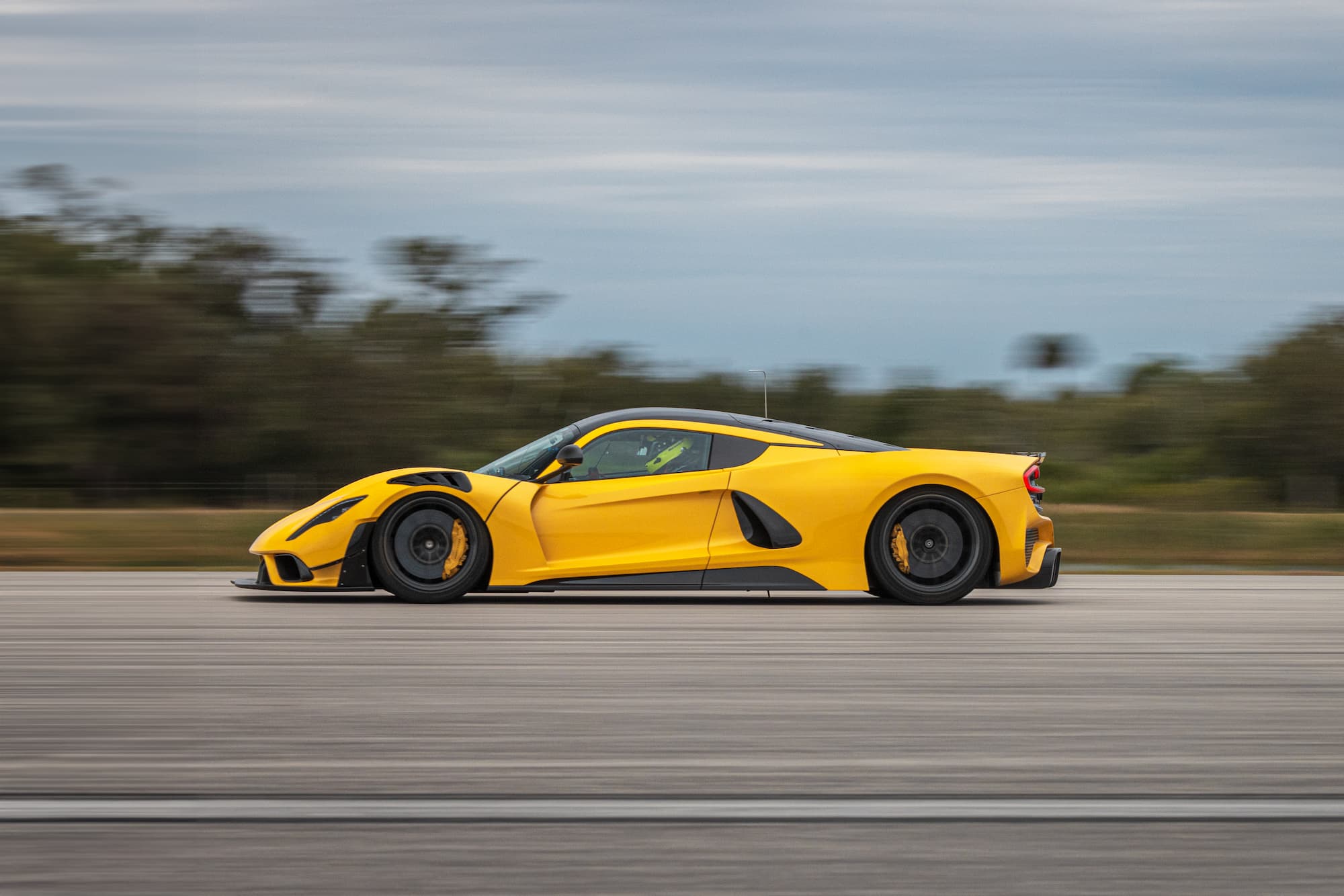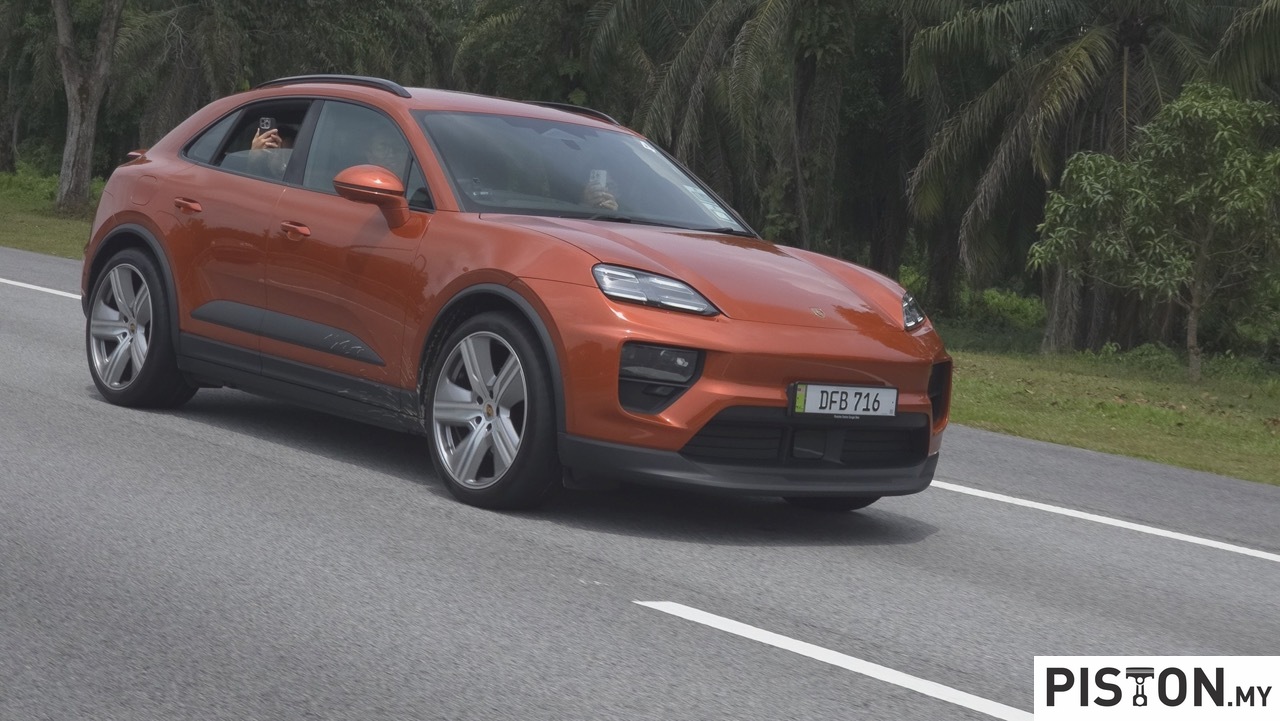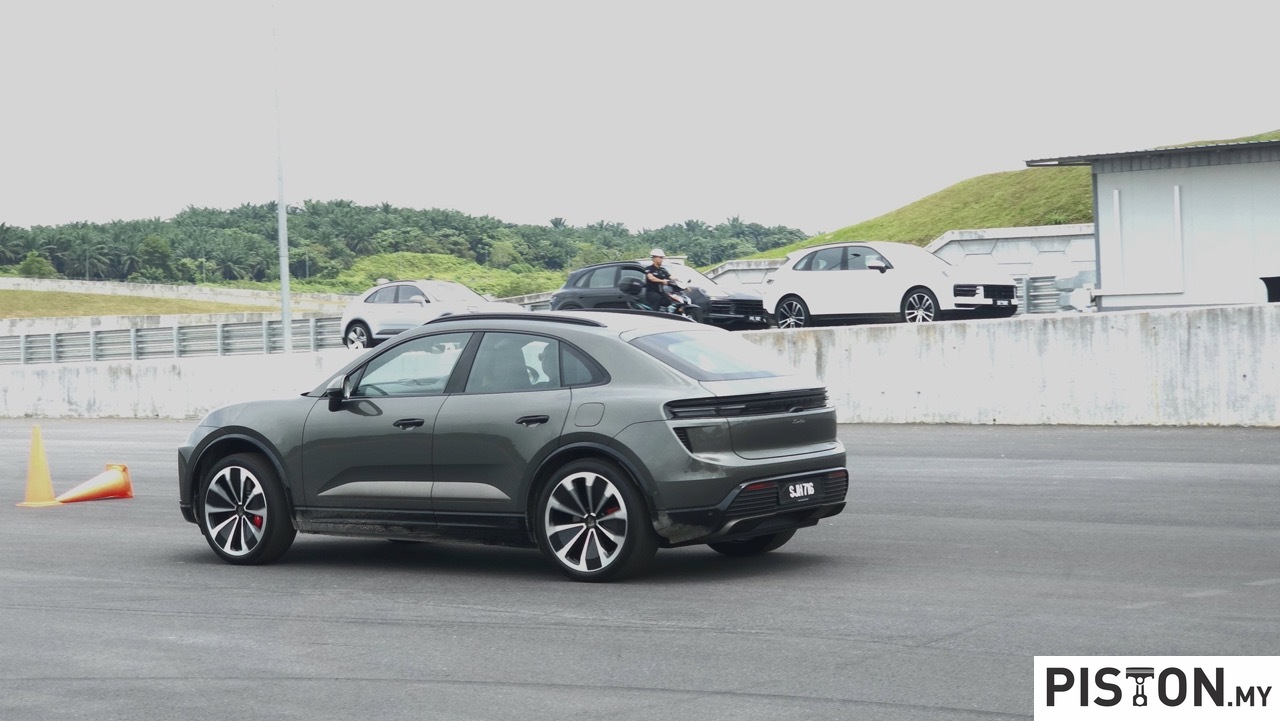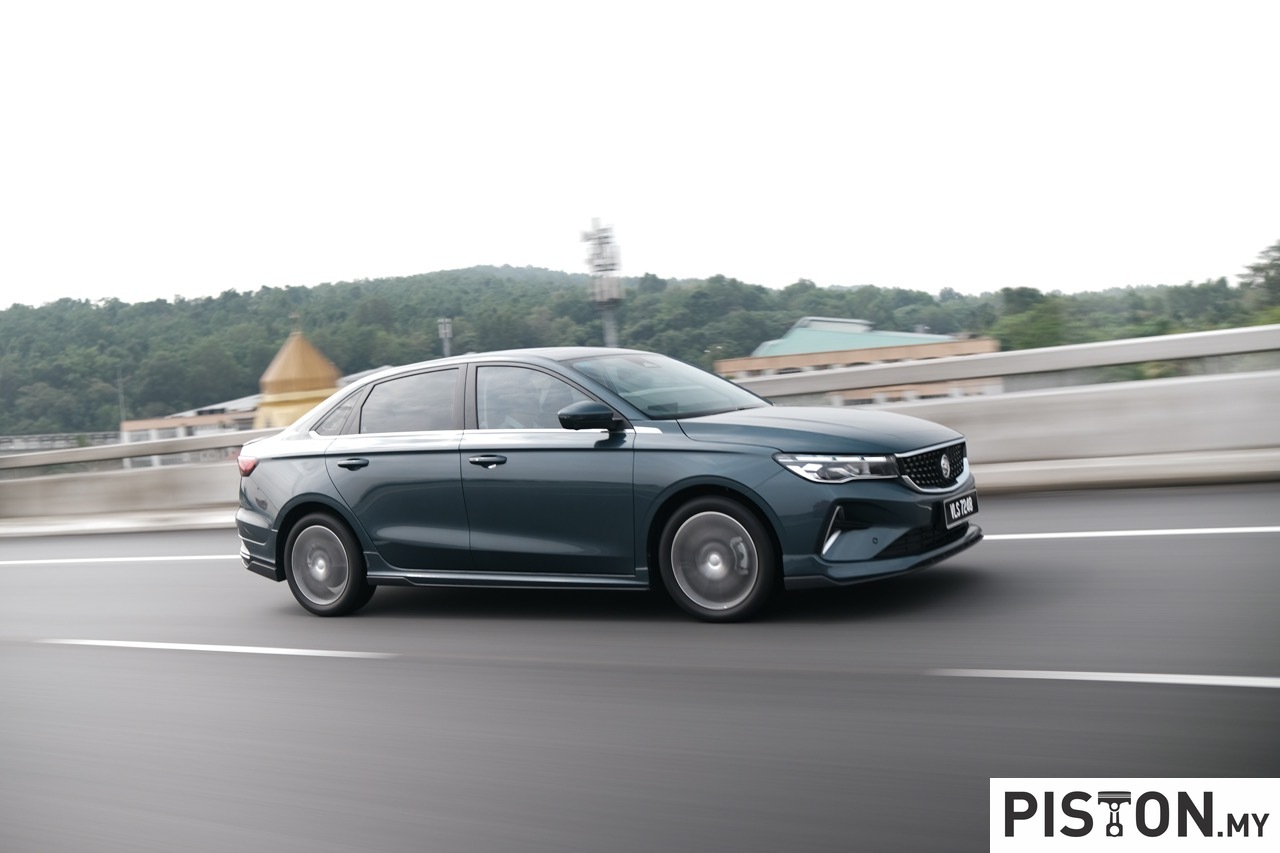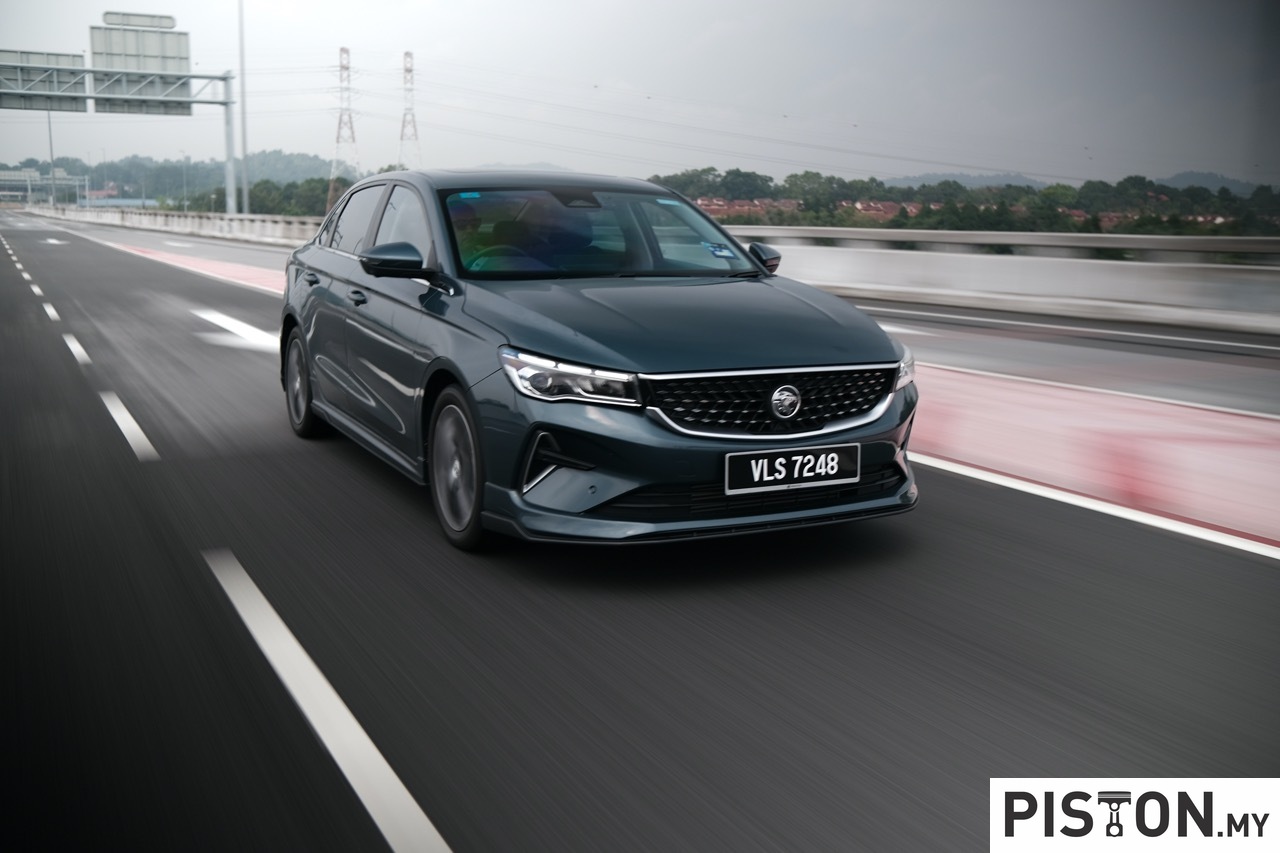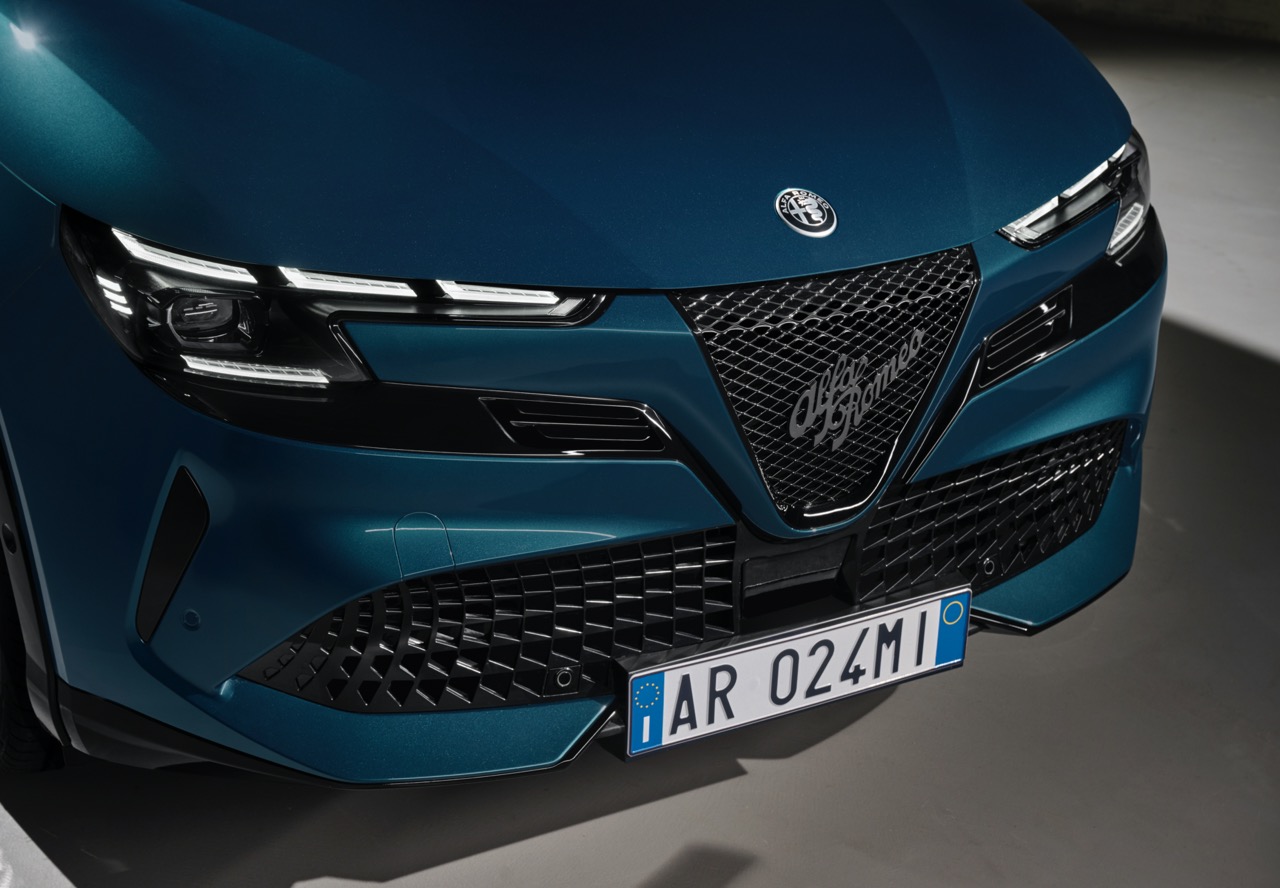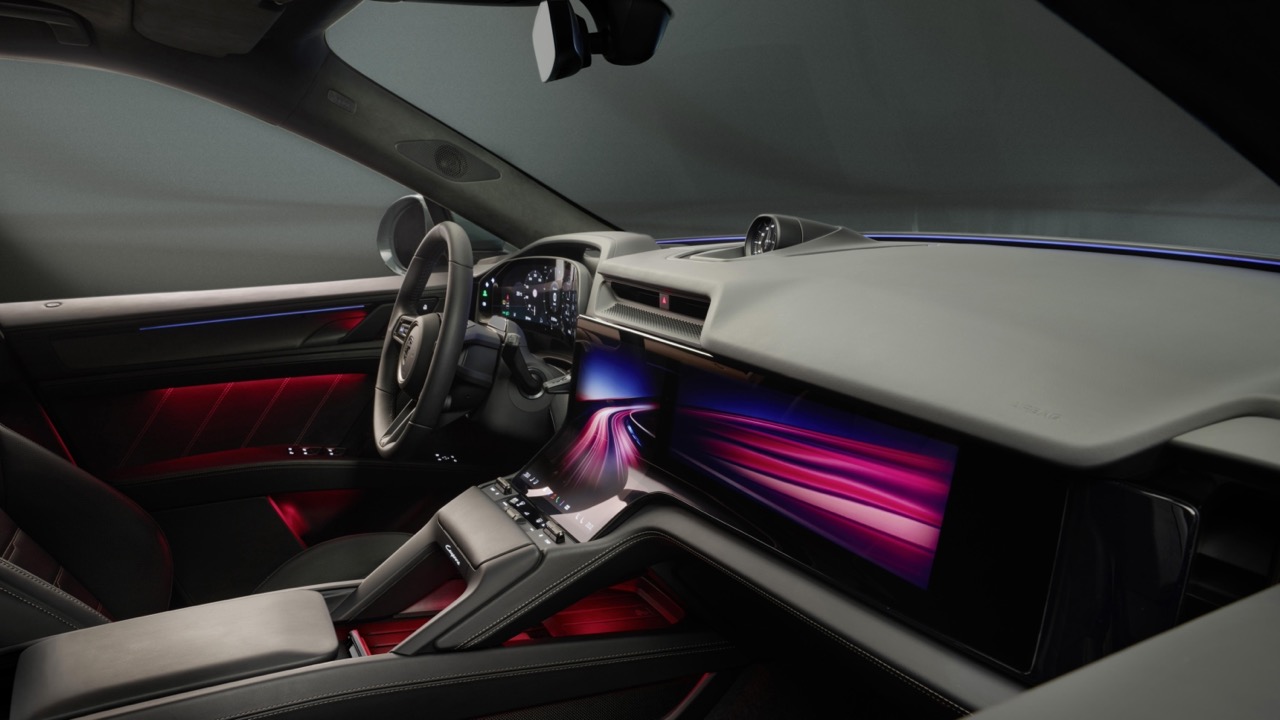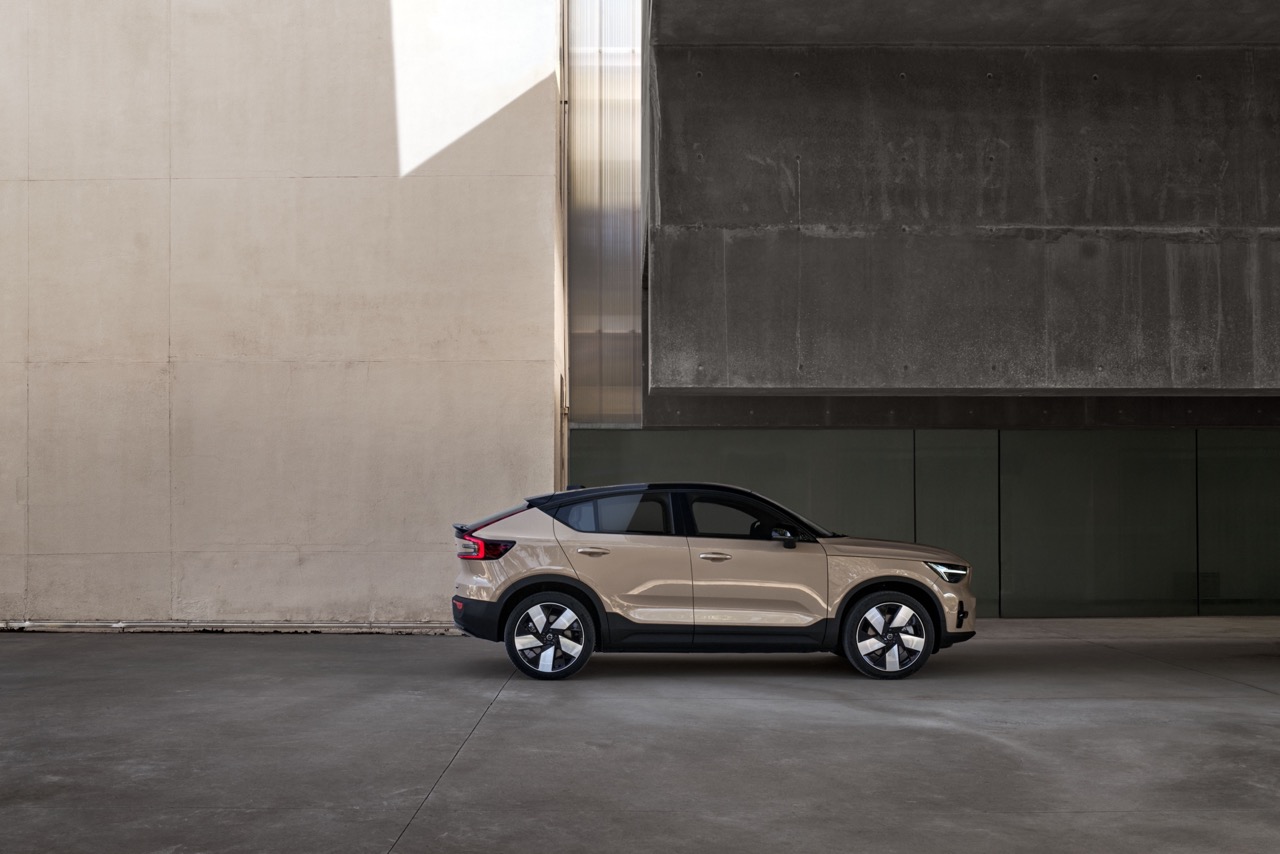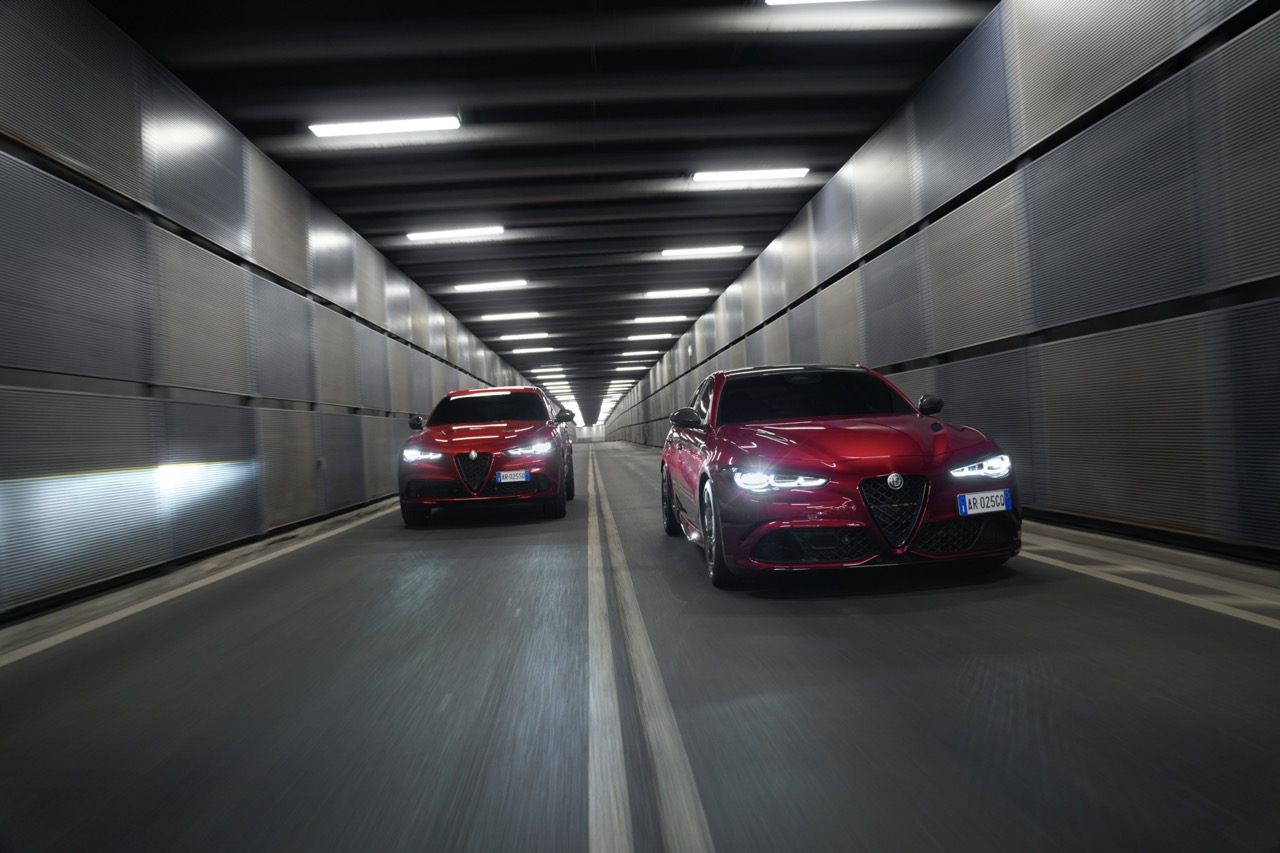Toyota has officially pulled the covers off the all-new Hilux in Thailand, signalling a major evolution for one of the brand’s longest-running and most trusted nameplates. With a heritage built on toughness, reliability, and endurance, this ninth-generation Hilux enters a new era — blending Toyota’s legendary durability with electrified innovation.
For the first time, the Hilux will be offered with both internal combustion (ICE) and fully electric (BEV) powertrains, reflecting Toyota’s multi-pathway approach to sustainable mobility. This strategy ensures that customers around the world can choose the powertrain that best fits their lifestyle and environment. Market rollouts for both versions are expected to begin from the 2026 fiscal year.
Since its introduction in 1968, the Hilux has been a symbol of dependability, trusted by millions across more than 195 countries. Over the decades, it has evolved from a rugged workhorse into a versatile, all-purpose vehicle — one equally at home on farms, construction sites, or family adventures. The new generation builds upon that legacy, positioning the Hilux as what Toyota calls a true “Partner for Life,” combining strength with practicality, and capability with everyday usability.
The latest model has been designed with versatility at its core. Whether tackling rough terrains, navigating city traffic, or handling demanding work conditions, the Hilux continues to deliver. It embodies Toyota’s long-standing philosophy of “Mobility for All” by catering to a broad range of users and lifestyles, reinforcing its reputation as one of the most dependable pickups in the world.

